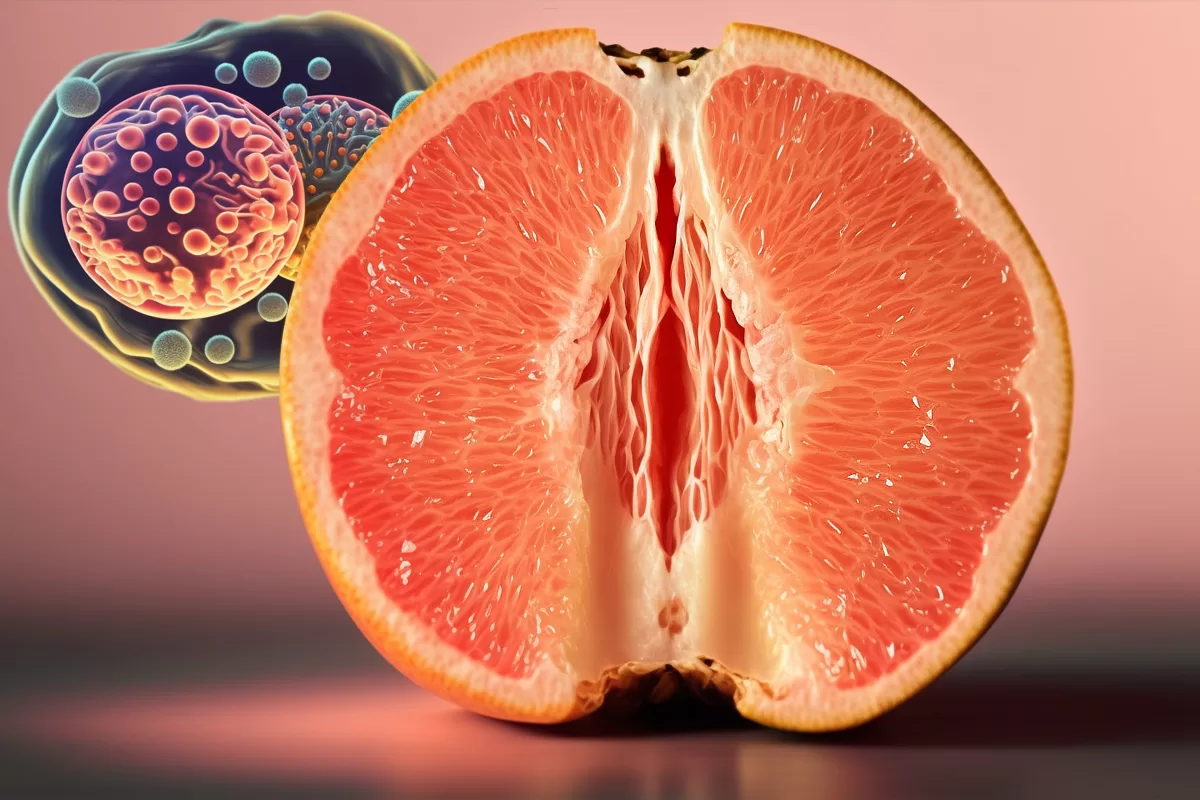Among all the existingsexually transmitted infections or diseases chlamydia takes the first place according to its prevalence, especially among young adults under 25 years old. The bad thing about this infection is that it often goes unnoticed without any symptoms and spread quickly.
Moreover, there are certain myths that prevent the understanding, prevention and treatment of this disease. If you wonder, whether can you get throat chlamydia from kissing or not, this article is for you. Here we are going to explain all the features and useful details of this infection.
What is Chlamydia?
This inflectional disease belongs to the group of sexual infections and is one of the most widespread diseases of this type. Anyone can be infected and more than once. Moreover, the disease can proceed without any unpleasant symptoms. That is why it is advisable to have annual testing for it.
Causes
This disease is caused by the microorganism called Chlamydia trachomatisand is spread via the infected biological liquids which are secreted from the genitals. Therefore, the main source of its occurrence is unprotected sex (vaginal, oral and anal) and other situations when genitals are in direct contact.
In addition, infected mothers can transmit this disease to their newborns.
Symptoms
The expressed symptoms in the case of adults are rare. Sometimes the following may be observed:
- unpleasant sensations during urination;
- different discharges that are not usual from the genitals;
- sore, pain or swelling in the region of the genitals;
- untimely vaginal bleeding or bleeding after having sex;
- rectal pain or bleeding.
In newborns, this bacteria causes pneumonia or eye infections.
It’s worth noting that in most cases the infected person is not experiencing any problems at all. And if symptoms appear it happens long after sex with an infected partner. A few weeks can pass that is why it may be hard to find the cause.
Furthermore, if this condition is left untreated it may lead to various problems with health including infertility and ectopic pregnancies.
Transmission of Chlamydia through Kissing

Can chlamydia be passed by kissing? Scientists have proven that it is impossible. Any casual contact including hugging and kissing, sharing public areas (swimming pools and toilets) and utensils does not contribute to its spreading. That is because the bacteria live in the biological liquids of the genitals.
Other
This bacteria can penetrate your body through:
- any kind of unprotected sex;
- direct contact with the genitals of an infected person even without penetration, ejaculation or orgasm;
- shared toys for sex that were utilized by an infected person and not washed;
- infected biological liquids that got in the eye.
In addition, pregnant women transmit this microorganism to their babies.
Chlamydia Prevention
The best prevention method is avoiding unprotected sex with new partners. Under the protection, we mean different barrier contraception methods that protect you from biological liquids. Still, even when you use them, there is no 100% guarantee that the infection will not spread.
The basic protection tips include:
- utilizing condoms for all types of sex with all sexual partners;
- asking your partner to do the tests for STDs and do them by yourself regularly;
- doing the second test after 3-6 months after treatment of this disease.
As this disease is often unnoticed, it is better to do the test regularly and thus stay sure that you are not infected.
Treatment of Chlamydia
As with all bacterial infections, this one is also treated with antibiotics. The doctor must make a prescription for you, as there are different dosage and admission rules.
There are pills that are taken one time and those that have several doses. In any case, the infected person must avoid any sexual contact during the week after taking the last dose of the antibiotic. That helps not to transmit the bacteria.
In addition, three months after treatment it is advisable to do the test again to avoid re-infection.
Testing for chlamydia

Nowadays there are two simple tests that will reveal these bacteria very quickly. They include urine and swab tests. They may be prescribed by the doctor even without a physical examination. In addition, some pharmacies offer this urine test. Thus, it can be done anonymously and quickly.
Summary
In a nutshell, this disease is silent and common. It may not cause unpleasant symptoms right after it comes inside the body. However, bad results may follow later. Therefore, take care of your sexual health, and do not neglect barrier contraception and regular tests for STDs.
FAQ
How do I know if I have chlamydia?
For this, one has to do simple urine or swab test. The results are obtained very quickly.
Is it okay to kiss with chlamydia?
Yes, this disease is not spreading via common contact. If there are no direct contact with the genitals, there is no risk of getting this infection.
What STDs can be passed through kissing?
The only proven one is herpes. In addition, HIV may be passed in case of a cut or open sore. However, this happens rarely.
Can you get chlamydia without being sexually active?
No, sexual activity and direct contact with the genitals of the infected person is the only way to get this disease.
Can you get chlamydia from smoking with someone?
No, the bacteria that cause this infection does not live in the saliva. Therefore, there is no risk of infection even if you share the cigarette with the infected person.





